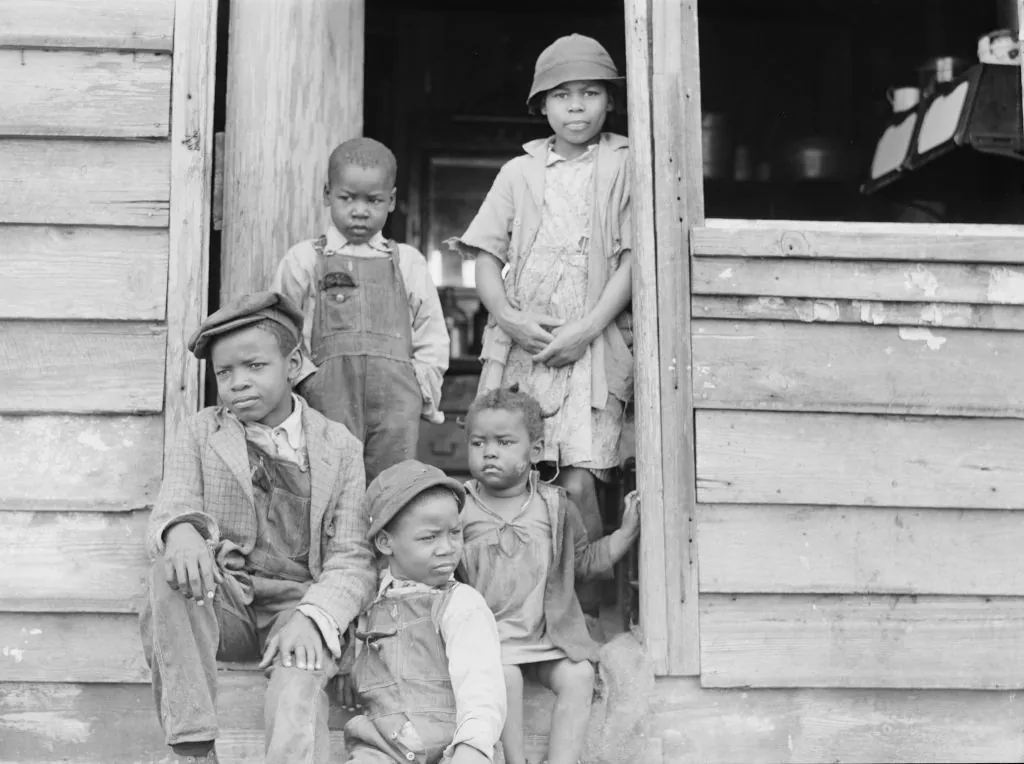Back in 2019, ProPublica shared the story of Melvin Davis and Licurtis Reels, two brothers from North Carolina who valiantly fought to preserve their land from being taken over by white developers. Their efforts were in accordance with the last will and testament of their grandfather, who wished to keep the property within the family. The story shed light on the challenges faced by black families in the South concerning heirs’ property rights and land loss.
The land was owned by Mitchell Reels, who didn’t leave behind a will. Instead, he passed on the property to the duo as heirs’ property, a common tradition in the Southern region.
The practice of assuming that family land will stay within the family, even without a will, has been linked to the loss of black-owned land. This assumption, however, does not reflect the reality of the situation. As illustrated by the story of Davis and Reels, who spent eight years in prison for attempting to keep their family’s land, the issue of land ownership can be much more complex and requires proper legal documentation.
In 2012, the Robinson family from Alabama found themselves in a situation similar to that of the Kimble family. They too had to fight for their family land, which was held as heirs’ property. In Alabama, a provision in real estate law permitted anyone with any stake in a land plot to take control of the land by forcing a sale through a lawsuit.
As reported by Essence, the Robinson family had no idea that they owned the land until they were served with a lawsuit by James E. Deshler, who had bought 1/15th of their land. The family was taken aback by this news. Michael Robinson’s grandfather, Joe Ely, had passed down the land to his heirs just before he died, much like the Reels brothers.
Ray Winbush, who is the director of the Institute for Urban Research at Morgan State University, suggests that the ownership of land by Black individuals, specifically Black men, was one of the driving forces behind the occurrence of lynchings.
According to David Cecelski, a renowned historian who specializes in the North Carolina coastal region, legal maneuvers and loopholes have been used to take advantage of Black people in that area. He told ProPublica that it’s nearly impossible to speak with an African-American family who owned land in those counties without hearing a story of how their land was taken from them using legal trickery, leaving them feeling robbed and helpless.
The Robinson family in Alabama faced a legal battle that involved some underhanded tactics. However, they refused to be intimidated and fought back. One of the ways they did this was through the creation of a land retention committee. Mitchell Robinson spearheaded the effort, bringing together more than 40 of his relatives, including cousins, aunts, and siblings. This proved to be a wise move as it gave the family some breathing room to confront the lawsuit brought against them by Deshler.
In an interview with Essence, Robinson revealed that his main drive behind the purchase of the land was to secure a future for generations to come. He expressed his reluctance to let future members of his family look back and wonder why they lost over 100 acres of land. Robinson’s determination to keep the land in the family led him to adopt the motto of “Not on our watch,” as he didn’t want any future generations to have to fight for the land that was rightfully theirs.
In a similar vein to the Reels brothers, his unwavering determination eventually led to success. In August 2023, a judge ruled in favor of the family and dismissed Deshler’s claim to the land. After 12 long years of legal battles, the family was finally able to reclaim the portion of land that Deshler once attempted to take from them.
Robinson shared that the significance of owning the land where people were once enslaved was not lost on him. He expressed that having the chance to alter the narrative, legacy, and history of the land held even more weight.
The speaker emphasized the significance of honoring the legacy and intention of the person who purchased the land. The person had envisioned a future where people of color would have progressed to where they are today. The speaker expressed their determination to preserve the efforts and hard work put into acquiring the land and ensure that it does not go to waste.



